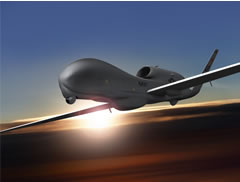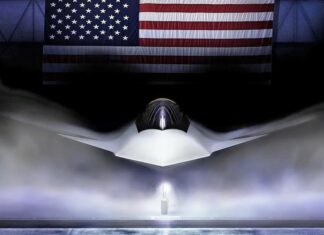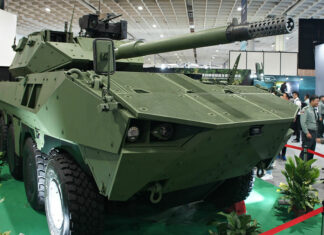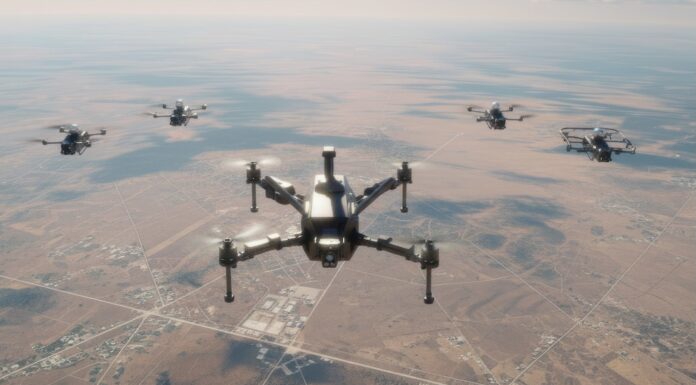
The Japanese government has embarked on a plan to acquire the Global Hawk a high-altitude, long-distance (HALE) unmanned surveillance and reconnaissance aircraft from the United States. Tokyo expects the new drone will enhance its surveillance capabilities particularly against potential threats from China and North Korea. The plan is to be incorporated into a review of the fiscal 2011-2016 Mid-Term Defense Program to be conducted by the administration of Prime Minister Shinzo Abe. Ultimately, Japan plans to develop an indigenous HALE drone, and would be using the Global Hawk as an introduction to the field of unmanned operations, gaining familiarity with drone operations.
Under the current five-year plan, formulated under the Democratic Party of Japan, the introduction of unmanned surveillance and reconnaissance aircraft was labeled a matter for long-term study. The Abe Cabinet, however, appears willing to adopt a speedier time frame for studying the advisability of equipping the SDF with unmanned spy drones, apparently in response to pressure from LDP lawmakers. Proponents point to the increase in incidents involving Chinese government vessels and aircraft around the Senkakus islands, some of which have infringed on Japanese waters and airspace.
Japan is looking to obtain from one to three Global Hawks by fiscal 2015. The Japanese and U.S. governments agreed in August to study the possibility of having U.S. drones fly surveillance flights over waters surrounding Japan. If the SDF were to acquire the drone, the surveillance areas would be broadened significantly due to information sharing with the U.S. military, which would further strengthen the Japan-U.S. alliance, according to the sources.
Seoul’s interest in the Global Hawk has also rekindled, driving the US Defense Security Cooperation Agency (DSCA) to submit a request for Congress approval to transfer up to four RQ-4 Block 30 (I) systems to South Korea, at an estimated cost of $1.2 billion. The drones will be configured to the International version , and will be shipped with the Enhanced Integrated Sensor Suite (EISS), comprising EO/Infrared, Synthetic Aperture Radar and Ground Moving Target (SAR/GMTI) sensors.
Under the current agreements with the US, by 2015 Seoul will assume the responsibility for surveillance and intelligence gathering over the peninsula and the current sale is planned to equip the Korean forces with the capability currently provided by the US Air Force drones and U-2R manned aircraft.
Seoul has been considering to buy the Global Hawk for years, but due to what was presented as rising costs, the plan was shelved in 2011, as the procurement cost escalated from $379 million to about $800 million. It remains to be seen what the Korean reaction to the DSCA estimate of $1.2 billion (total program cost).



















